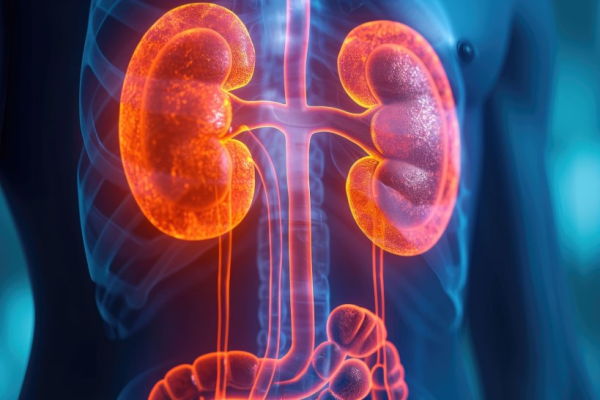
Research Confirms PFAS Chemicals Harm Kidney Function
Artificial Chemicals Linked to Chronic Disease Chronic Kidney Disease (CKD) affects millions globally. Estimates suggest one in every ten people suffers from the condition. CKD causes waste and fluid accumulation in the body. A critical new study identified a contributing factor. Human-made chemicals known as PFAS are detrimental to renal health. This research was conducted…







